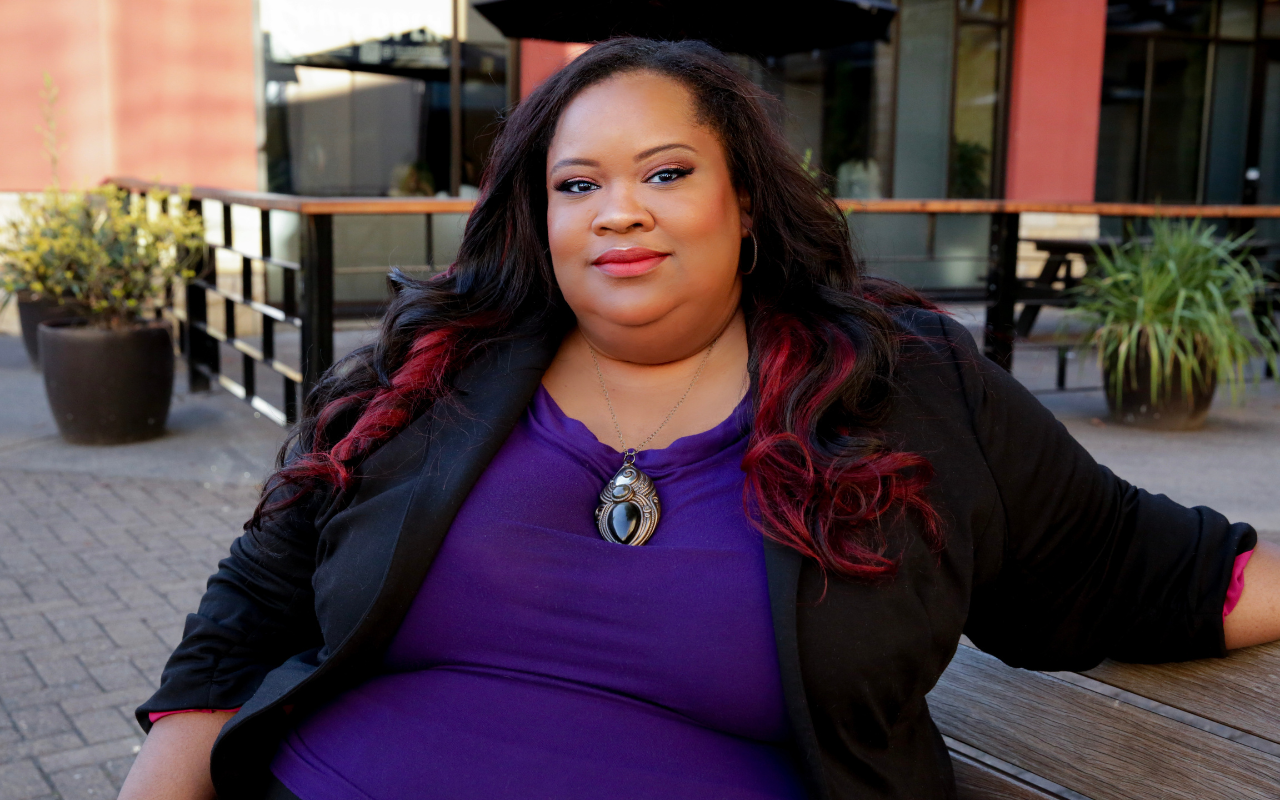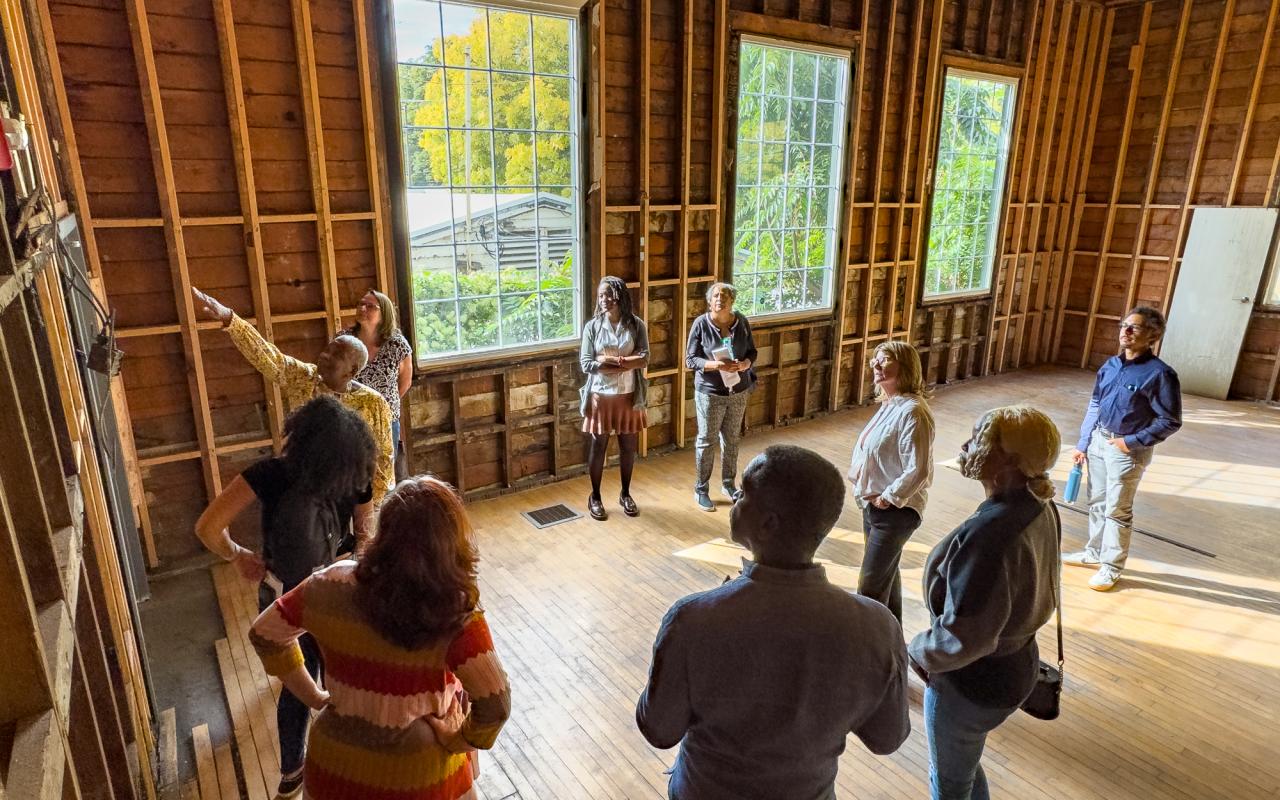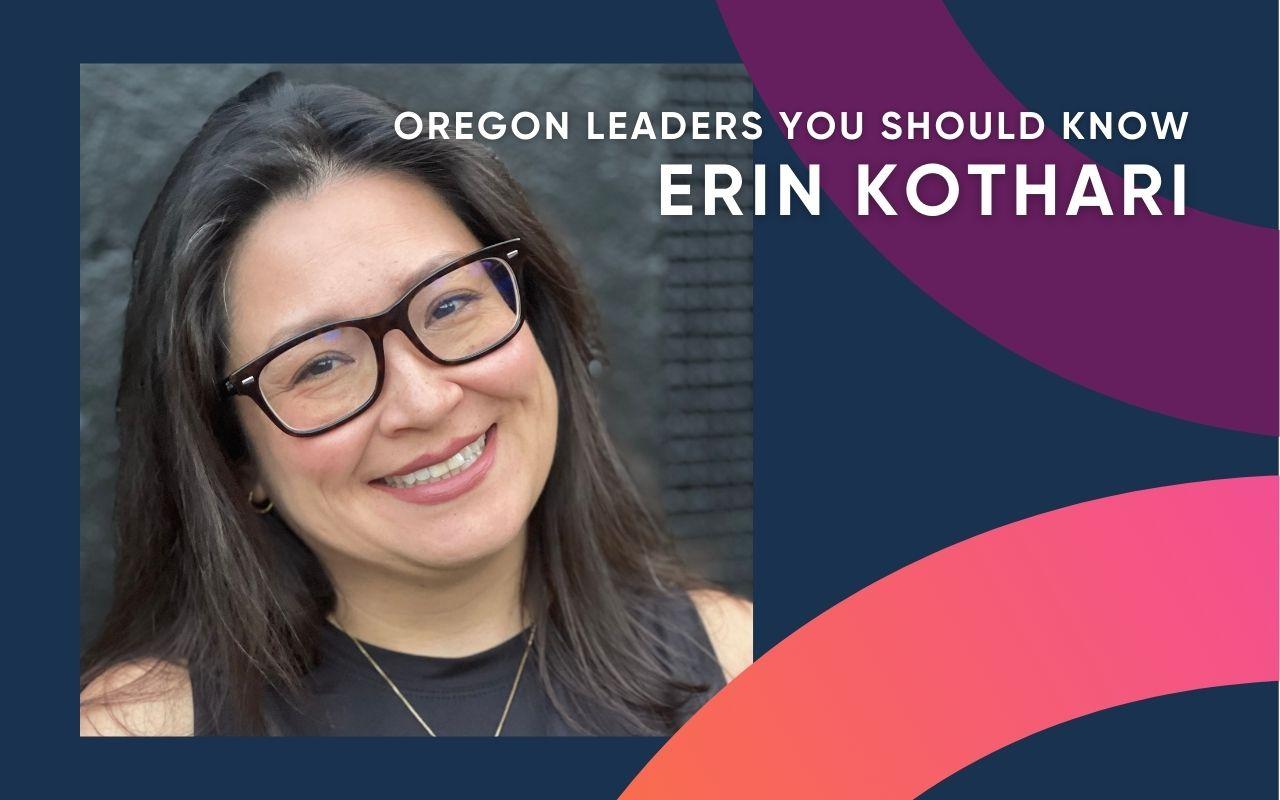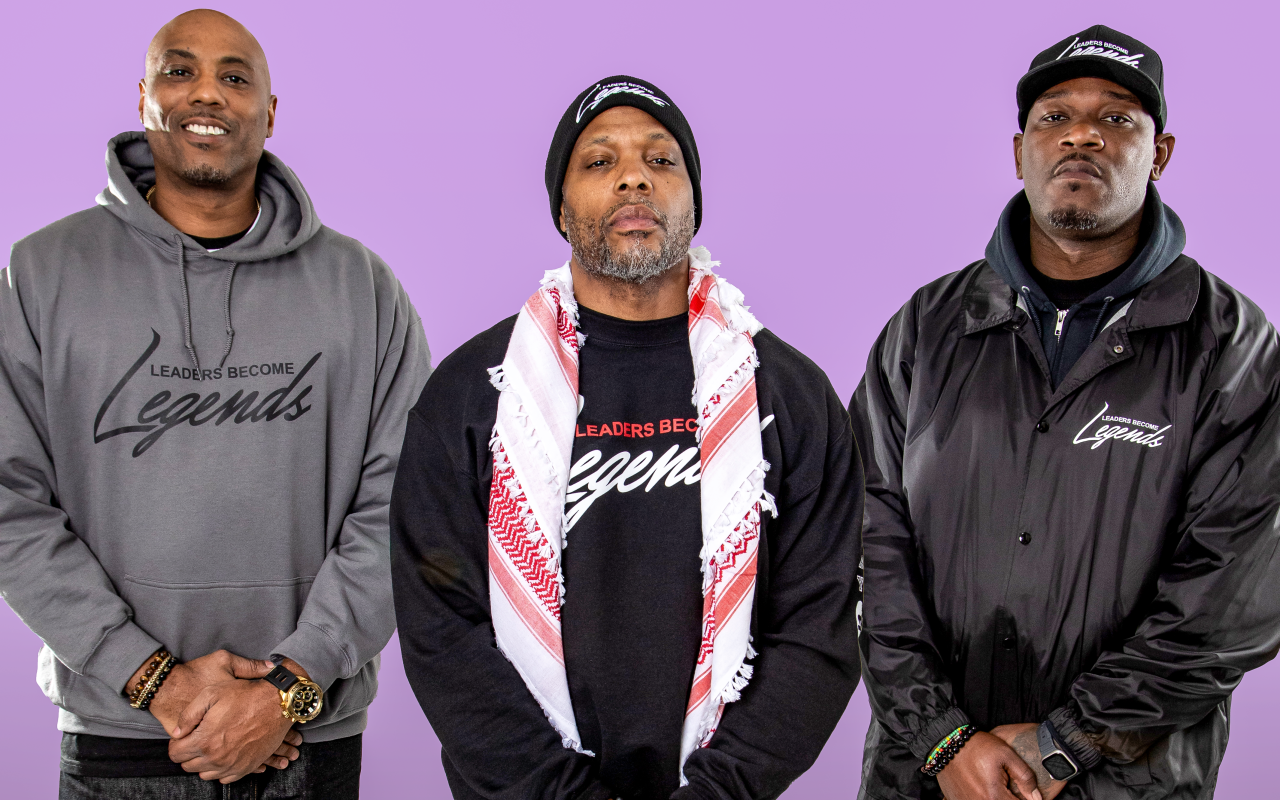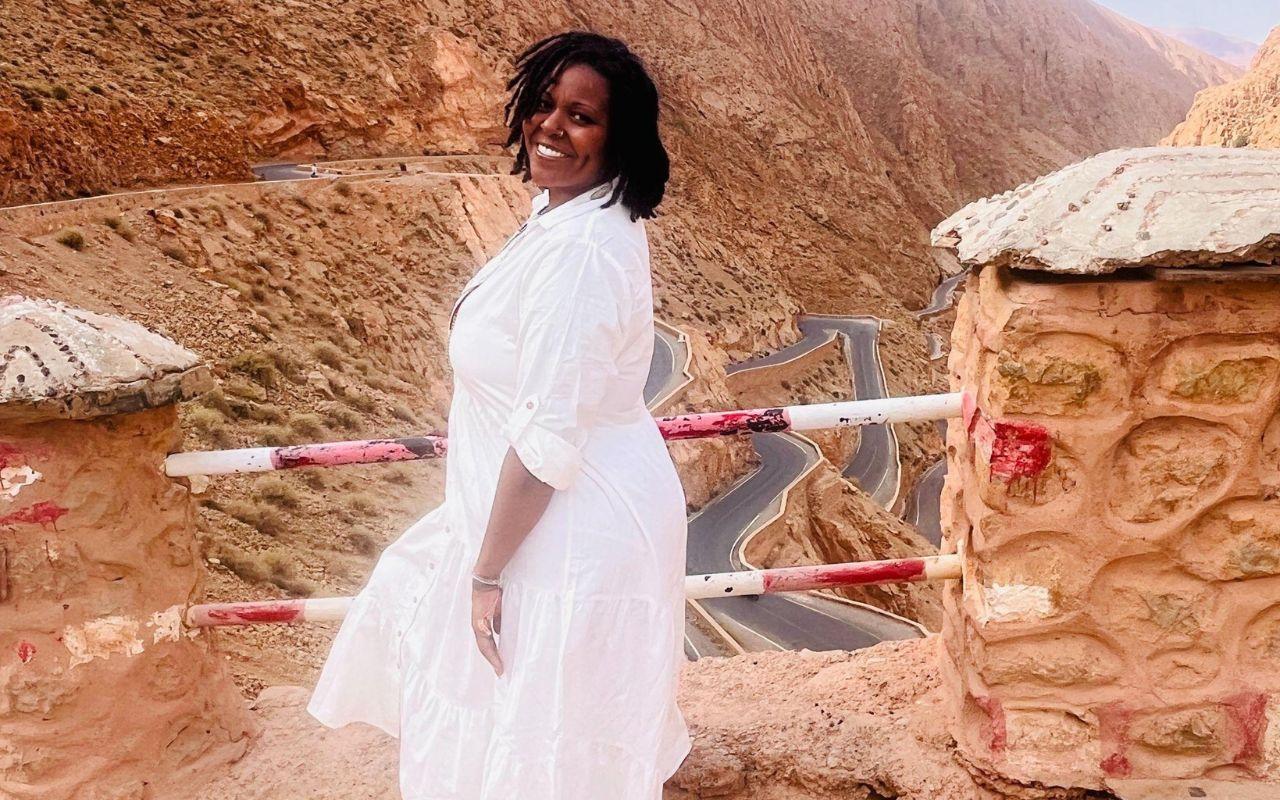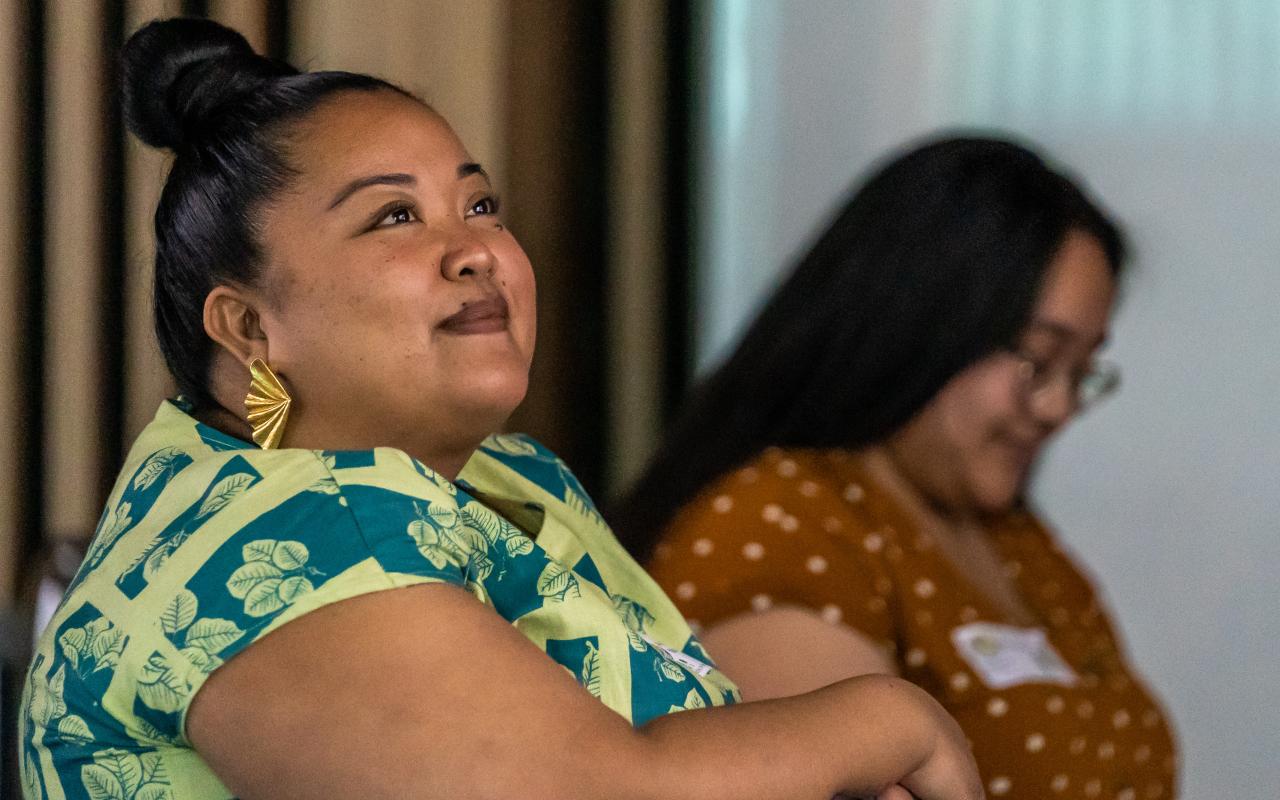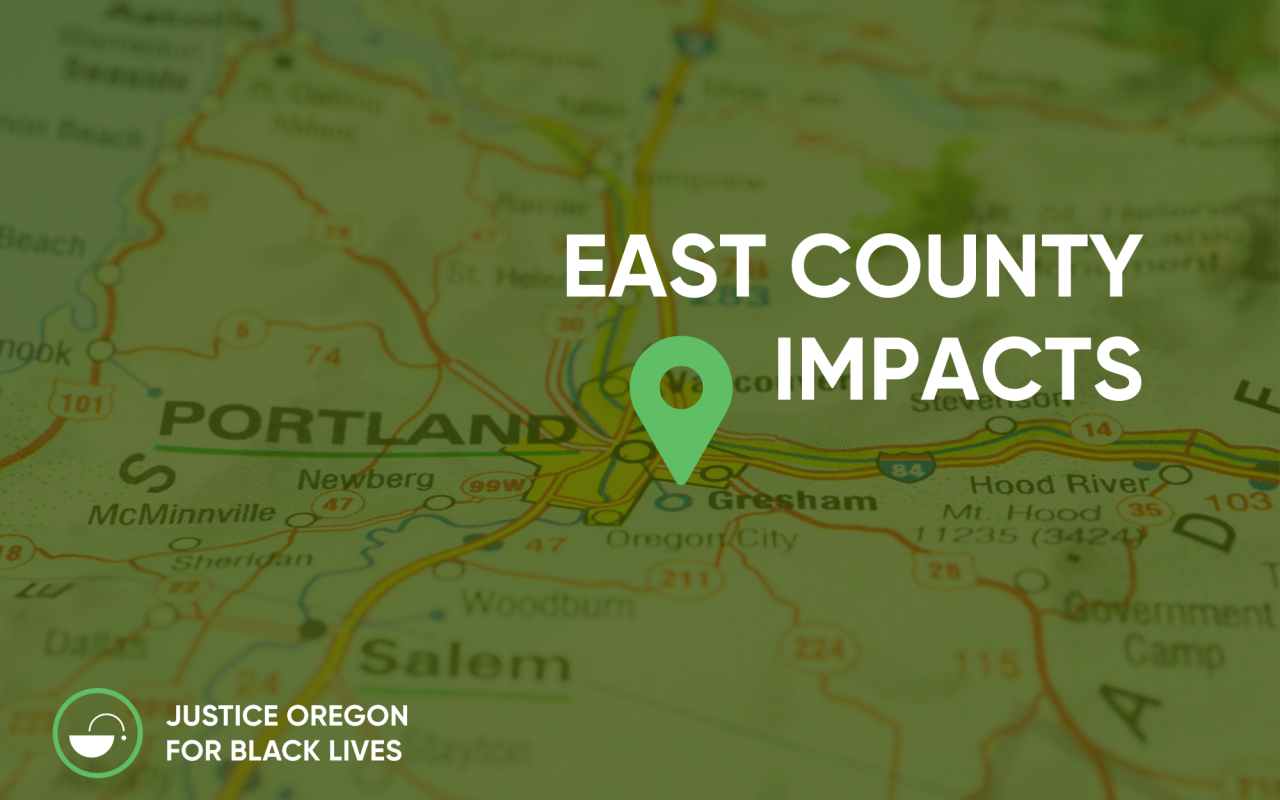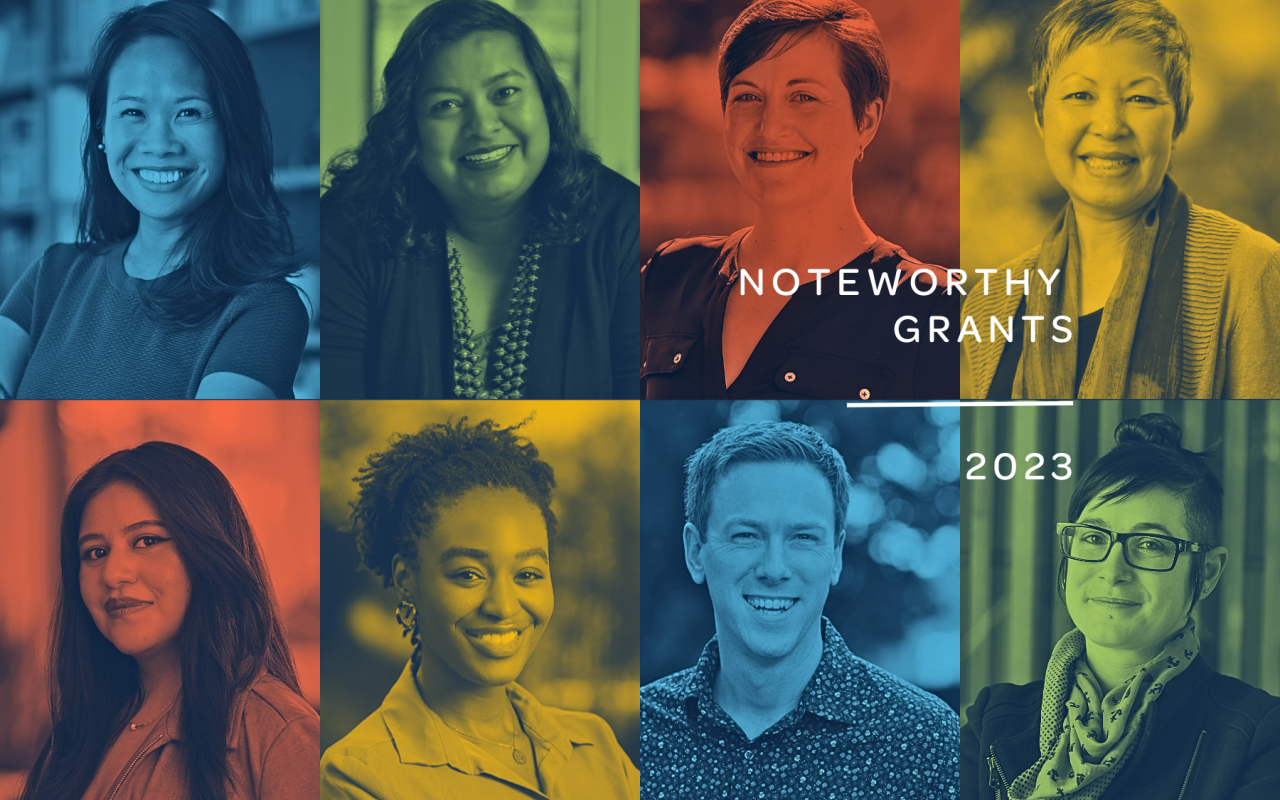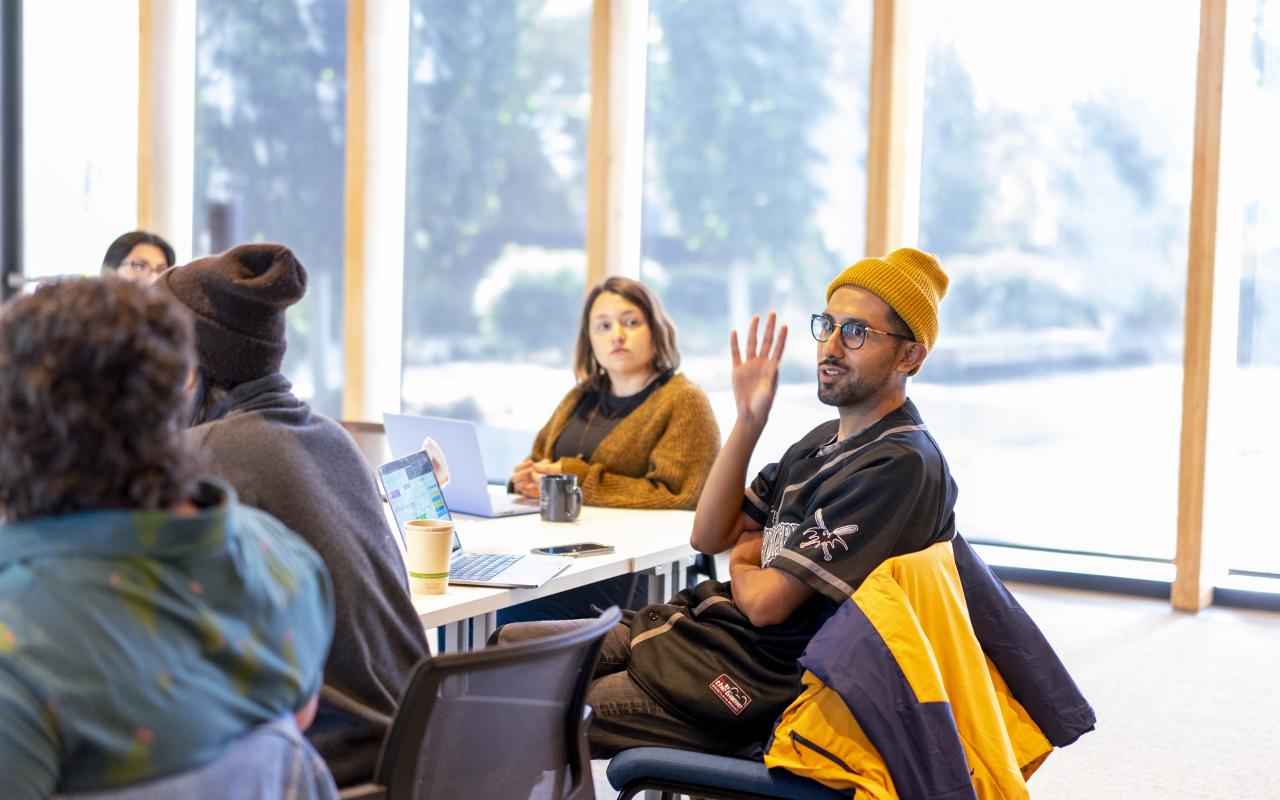MANIT Infuses Culture into Educational Justice
Education opens doors to opportunity, but it’s not just about books and grades. For Marshallese youth in Oregon, it’s about belonging, cultural pride and the encouragement to dream big. That’s why Marshallese American Network for Interacting Together (MANIT) exists —to give students and their families the tools, mentoring and community support they need to thrive.
Across the United States, Marshallese youth face barriers that schools aren’t built to address — from language and cultural disconnects, to navigating complex systems like the Free Application for Federal Student Aid (FAFSA), to food and housing insecurity. Compounded with the isolating impact of COVID-19 and the Trump administration’s widespread attacks on education and DEI programs in schools, pursuing higher education can seem insurmountable.
Building Pathways from Cradle to Career
At Meyer, we believe protecting the freedom to learn is essential to our democracy. With a first grant through Our Empowered Youth, MANIT steps in where traditional systems fail.
“It’s not lack of ability, it’s a lack of support,” Karen Saraya K. Kattil, education coordinator at MANIT, said. “If our kids can dream it, they can do it. We just need to keep opening doors.”
Kattil and her team are developing cradle-to-career pathways with culture at the center. Building on last year’s focus on elementary students, they launched their first College Bound Fair this summer, where 60 middle, high school and college students received backpacks, calculators and guidance to support their academic success and prepare them for higher education. Students also got hands-on FAFSA help and connected with inspiring role models, including Billma Peter, the first Miss Marshall Islands, who encouraged them to pursue their goals while staying rooted in their cultural identity.
“For many, it was the first time somebody sat down and said, ‘We’re going to do this together,’” Russell Langrine, MANIT’s resource director, explained. “We’ve always had talented kids, but we need someone to walk beside them. It’s about belonging. When you belong, you can learn.”
Walking Beside Students and Families
Oregon’s 2023–24 Statewide Report Card shows that students navigating poverty, houselessness or foster care encounter structural barriers that affect graduation readiness. Yet we also know that students engaged in culturally responsive programs demonstrate stronger connections, greater persistence and better outcomes. Broader studies indicate that many Marshallese families experience high rates of food and housing insecurity, underscoring the importance of sustained, culturally specific support that, research shows, has positive academic outcomes.
With this understanding, Kattil and Langrine are redefining what it means to support students. Beyond a single event, they are building a multi-year mentoring program to uplift youth well into their college careers. With shared cultural and generational backgrounds, they hope to bridge trust and understanding in powerful ways.
Empowering Marshallese families to be advocates within the educational system is one important component. By providing translation services, parent workshops and direct guidance on school policies, MANIT is equipping parents with the tools they need to effectively advocate for their children and in turn, ensure Marshallese voices are represented in decision-making spaces.
“We’re not just building students,” Langrine said, “We’re building leaders.”
A Future Rooted in Manit
MANIT is dedicated to advancing educational justice while preserving the Marshallese language, dance, arts, traditional practices and the wisdom of elders. Viewing culture as essential to student success, they host and support community events throughout the year that strengthen cultural pride and foster intergenerational connections.
Recently, thousands of Marshallese people from across the U.S. came together in Tacoma, Washington, for a softball tournament organized by the Ralik Ratak General Committee and the Ralik Ratak 2025 Host Committee.
To connect younger generations — many born or raised in the U.S. — with their ancestral home, each team was named after one of the 24 municipal jurisdictions of the Marshall Islands, turning the tournament into a celebration of identity, heritage and unity.
“MANIT's work is to not only help these communities, but to also inspire them to keep the culture alive,” Kattil said. “I want to see youth say, ‘I’m proud to be Marshallese and I want to be the first one in my family to go to school.’”
Manit, which means culture in Marshallese, is the heartbeat of the organization. They’re building a future where every Marshallese student in the Pacific Northwest feels confident filling out college applications, has a mentor who checks in and walks across a graduation stage not just with a diploma, but with cultural pride intact. As former Miss Marshall Island, Billma Peter reminded them at the back-to-school event, “You are the future and your culture is your strength.”
Note: MANIT Co-founder and Community & Cultural Director, Antonio Eliu, will be hosting a back-to-school event with his church community on Saturday, August 30. They welcome all students who were not able to receive a backpack or calculator earlier this year. With this extension, they expect to reach a total of 105 students this year — ensuring even more families are supported as the school year begins.
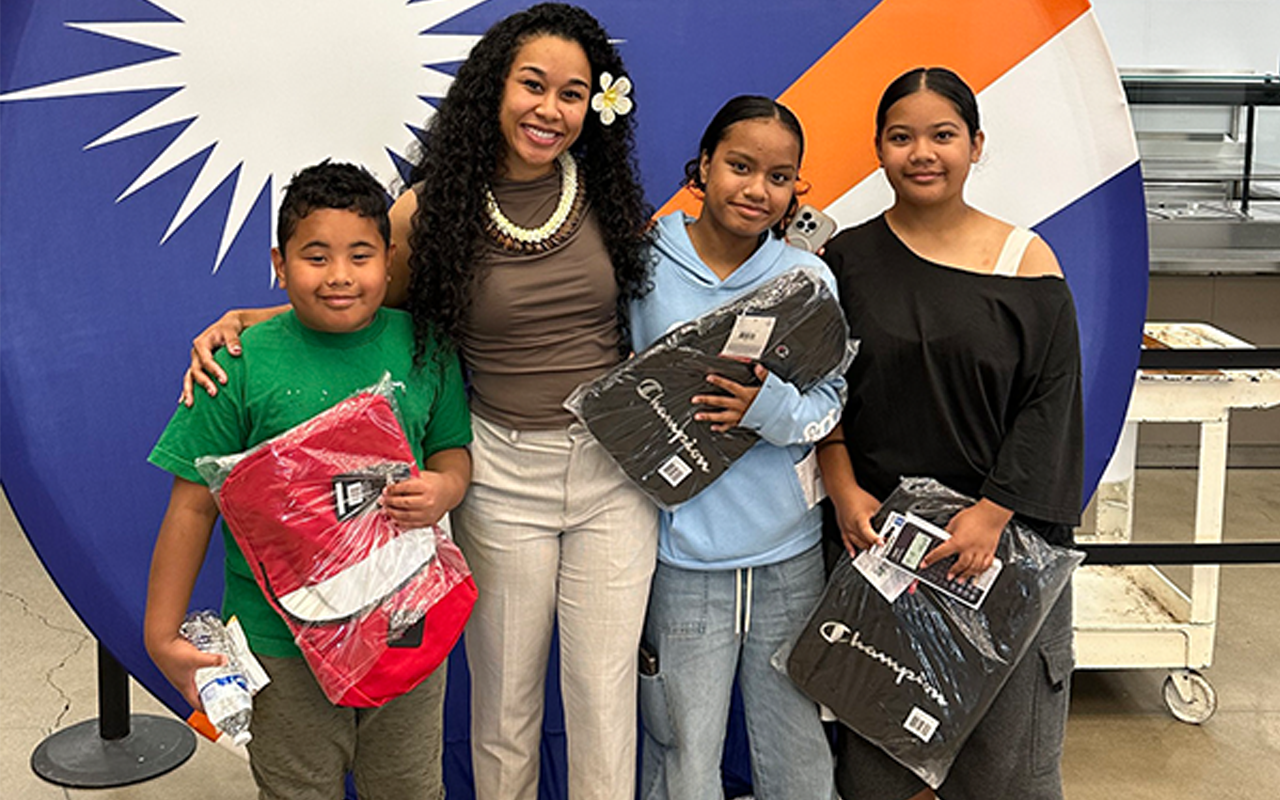
Students stand beside the first Miss Marshall Island, Billma Peter, at MANIT's College Bound Fair

